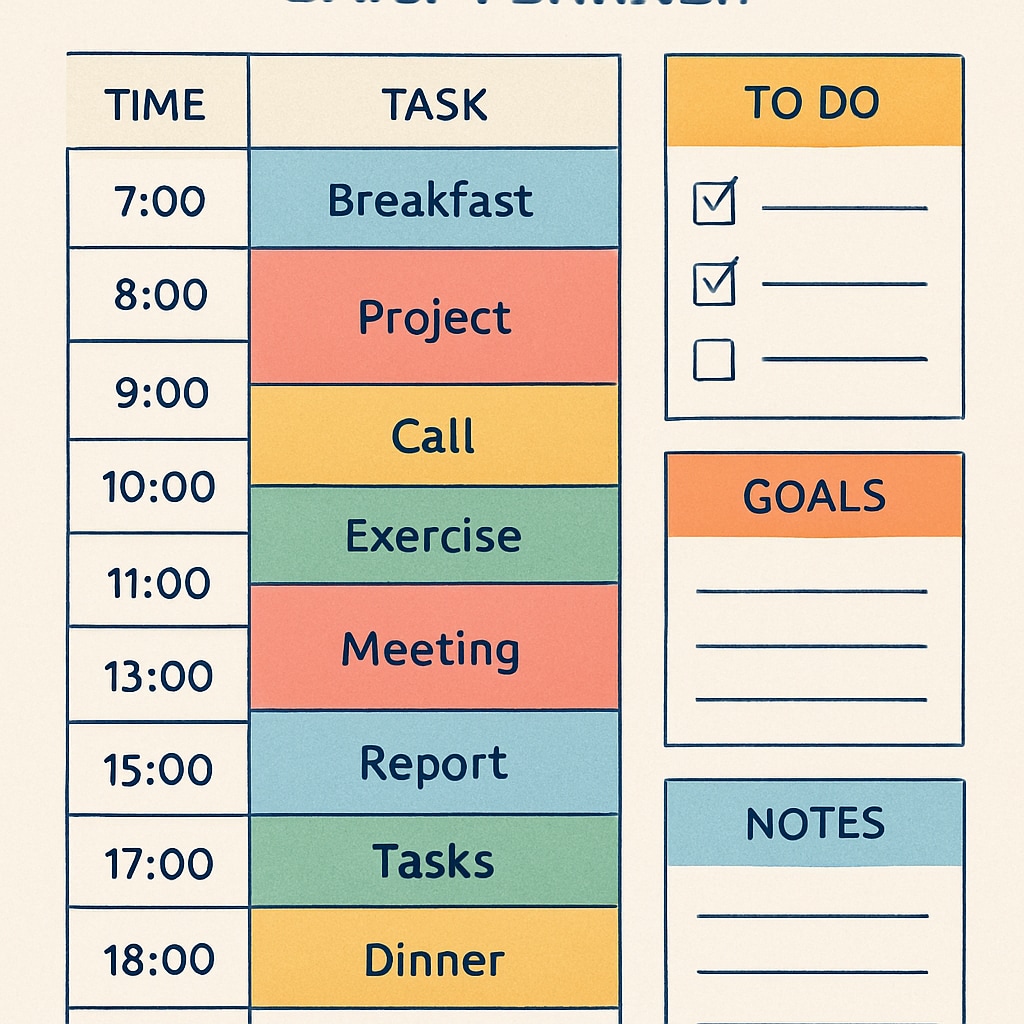Modern school systems tend to prioritize academic knowledge while neglecting essential life skills such as financial literacy and time management. These skills are vital for students to navigate adulthood effectively, yet they remain absent from most K12 curricula. Incorporating financial education and time management training into school programs can help bridge this gap, preparing students for real-world challenges and fostering long-term success.
Why Financial Literacy Matters in Education
Financial literacy refers to the ability to understand and manage personal finances, including budgeting, saving, investing, and understanding credit. Without these skills, many young adults struggle with debt, poor financial decisions, and a lack of savings for emergencies or retirement. According to a study by Investopedia, a lack of financial literacy contributes to widespread economic issues, including rising consumer debt and poor financial planning.
Introducing financial education in schools can empower students to make informed decisions about their money. For example, lessons on budgeting and saving can teach students how to allocate their resources wisely, while understanding credit can prevent them from falling into debt traps. In addition, financial education can promote economic equity by giving students from diverse backgrounds the tools to succeed financially.

The Importance of Time Management Skills
Time management is another critical skill often overlooked in traditional school curricula. It involves the ability to plan, prioritize, and execute tasks efficiently. Poor time management can lead to stress, missed deadlines, and decreased productivity, issues that continue to affect individuals well into adulthood. A report by Britannica highlights the role of time management in improving academic performance and mental well-being.
By integrating time management training into education, schools can equip students with the tools to balance their academic, extracurricular, and personal responsibilities. For instance, teaching students how to use planners, set realistic goals, and avoid procrastination can significantly enhance their productivity and reduce stress. Moreover, these skills are transferable across all areas of life, including careers and personal development.

Practical Steps for Curriculum Reform
To integrate financial literacy and time management effectively, schools can adopt the following measures:
- Develop specialized courses focused on personal finance and time management.
- Incorporate interactive tools such as budgeting apps and digital planners into classroom activities.
- Invite guest speakers, such as financial advisors or productivity experts, to share real-world insights.
- Include these topics in teacher training programs to ensure effective delivery.
In addition, schools can collaborate with organizations that specialize in financial education and productivity training. Such partnerships can enhance the quality of instructional materials and provide students with access to valuable resources.
As a result, students will graduate with not only academic knowledge but also practical skills that are crucial for personal and professional success.
Conclusion: A Call for Action
The absence of financial literacy and time management in school curricula represents a missed opportunity to prepare students for life beyond the classroom. By making these skills a core part of K12 education, schools can empower students to achieve financial stability, manage their time effectively, and contribute positively to society. It’s time for educators and policymakers to recognize the importance of these life skills and take actionable steps toward integrating them into modern education.
As the world becomes increasingly complex, practical skills like financial literacy and time management are no longer optional—they are essential. Let’s ensure that today’s students are equipped to thrive in tomorrow’s challenges.


